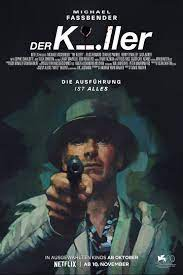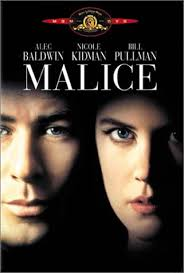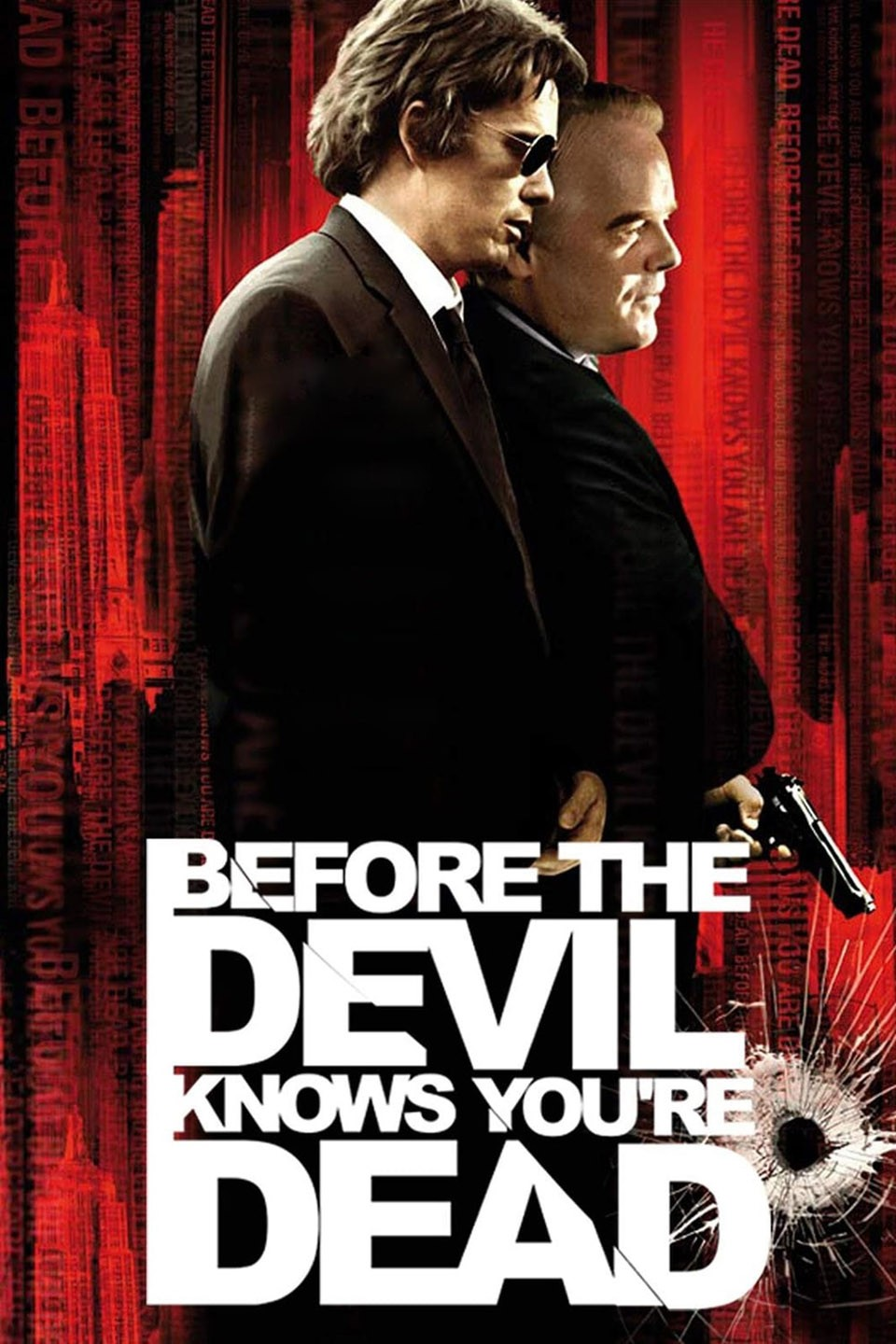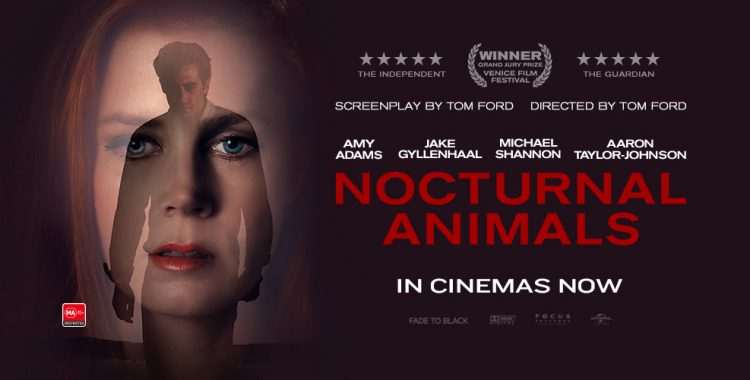The House is Falling (1955) is by Nigel Fitzgerald and it's the first book of his that I've read. A few years ago, John Curran made a strong case for the merits of his fellow Irishman on a Forgotten Authors panel at CrimeFest and I've been meaning to get round to him ever since. Fitzgerald was an actor who produced a dozen novels over the course of fifteen years, all of which were published by Collins Crime Club. This was his third, and features his series detective Superintendent Duffy, although Fitzgerald appears to give away the solution to Duffy's previous case.
The setting is the west coast of Ireland, and this background is one of the strengths of the book. Hugh Barry, the hero, has returned to the former family home, Cooline House, after an absence of many years. His aunt Veronica is there, but the hosts are Oliver Cliffe-Barry, who lost both his legs in a car accident, and his wife Carol, who is a rather unlikeable character. The other guests and neighbours include a detective novelist, Dr Lake, and his attractive niece Hilary. Hugh finds himself attracted to both Hilary and another guest, Consuela.
The story meanders along, pleasantly but without great excitement, until murder is committed. Duffy is called in to investigate and it soon emerges, in a pleasing twist, that an important lie has been told about the deceased. (I'll avoid saying what that lie is). What's the significance of this? The eventual explanation struck me as very satisfying.
Despite a certain lack of tension, and the fragmentary nature of Duffy's involvement, I felt that the story was readable and well put together. The 'howdunit' element was complicated and I didn't find it entirely convincing, but overall the psychology of the characters was very pleasingly handled, with a strong final paragraph. The quality of the last part of the book made up for the lack of pace earlier in the story. So John's recommendation of Fitzgerald seems, on this evidence, to be well merited.
























